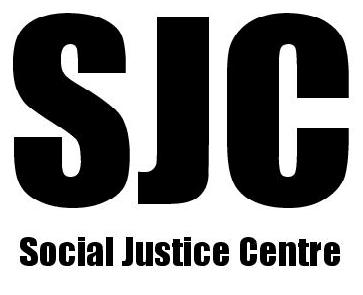Posted by Mike Ma
On September 16, 2023, a one-day workshop was held to mark the 50th anniversary of the military coup that overthrew Chile's Unidad Popular government led by Salvador Allende. This watershed event in 1973 unleashed a wave of brutal repression, destroyed a unique democratic socialist experiment involving popular power, and established a dictatorship that imposed a radical neoliberal agenda.
Following mass student movements against marketization in the early 2010s, Chile witnessed a "social explosion" in 2019 against the legacy of inequality and violence stemming from the Pinochet regime's incomplete transition to democracy. This led to an effort, propelled by social movements, to repeal and replace the 1980 neoliberal constitution. The proposed constitution recognized indigenous sovereignty and incorporated a strong feminist perspective, but was voted down in a 2022 referendum, leaving the coup's legacy and neoliberalism largely intact.
This workshop revisited Chile's current conjuncture of social struggle through the prism of indigenous movements. It featured keynote talks by Mapuche scholars Elena Loncón on indigenous participation in the constitutional process, and Fernando Pairicán on the Mapuche movement's trajectory since the coup. A panel discussion, moderated by Evelyn Encalada Grez, followed with professors Andrés Cabrera Sanhueza, and Johnny Mack.
The event fostered learning and reflection on ongoing efforts to reverse the dictatorship's impact that enabled dispossession of indigenous peoples through non-recognition. It also explored resonances with indigenous struggles for justice locally.
The following videos document this timely workshop as participants examined the enduring shadows of the coup and envisioned alternative futures grounded in plurinationalism and collective rights.



